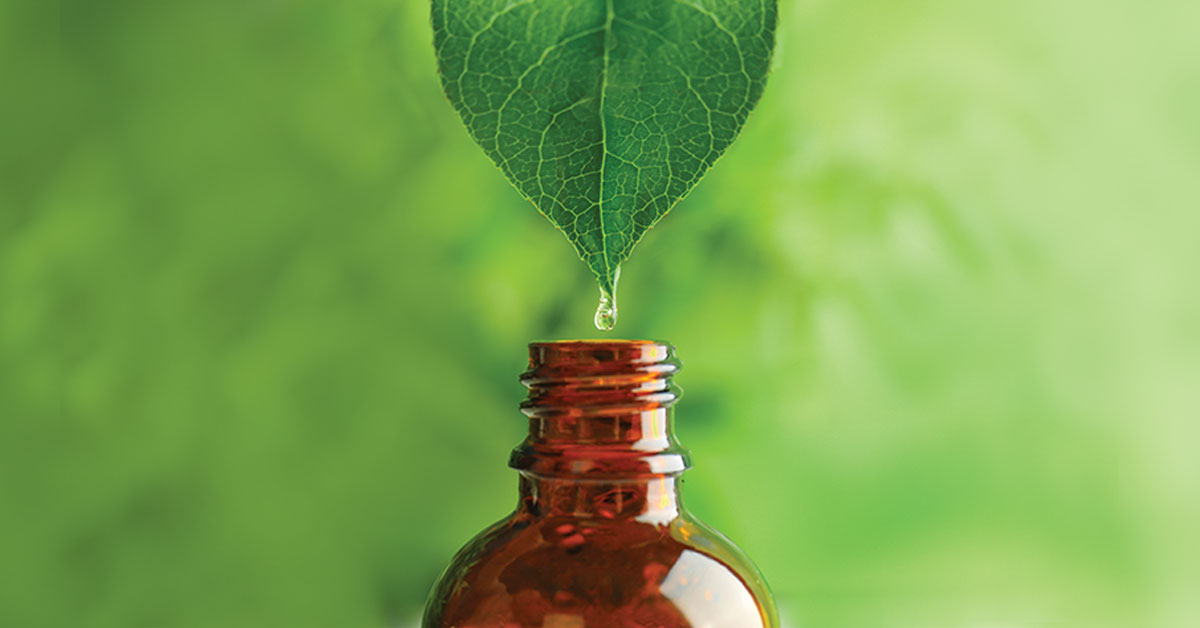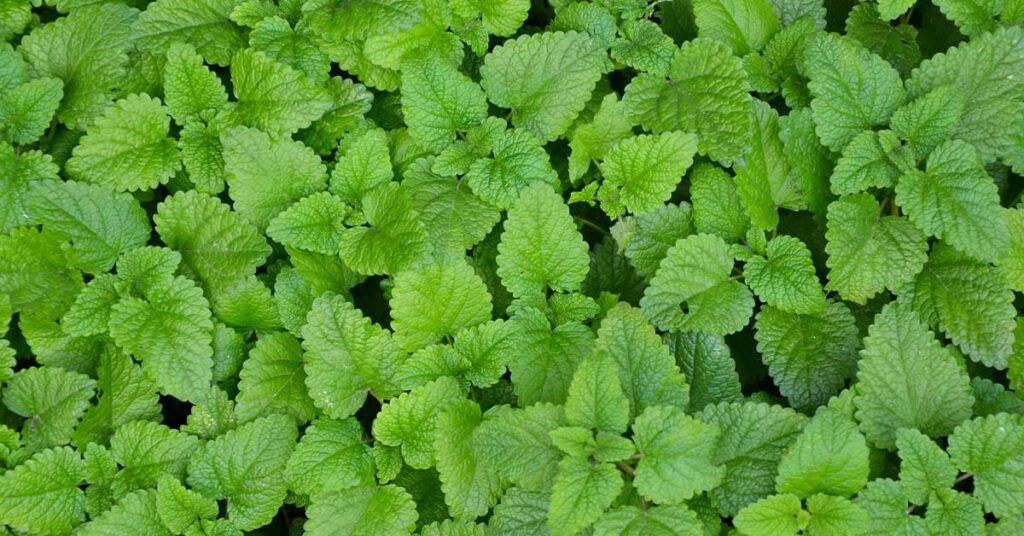Looking for a reliable herbal supplement to improve memory, thinking, and mental clarity? Some of the best ways to support brain health come right from nature. Brain-healthy leaf extracts contain therapeutic compounds from plants. Including them in your herbal supplement routine can help with clearer thinking and better memory over your lifetime. Keep reading to learn the best leaf extracts for the brain and the science behind their benefits.
Top 5 Leaf Extracts for Brain Health
Nature offers an abundance of natural ingredients to support health. If you want to enhance memory, thinking, and mental sharpness, include some of these leaf extracts in your daily wellness routine.
Ginkgo Leaf Extract
One of earth’s oldest tree species, Ginkgo biloba, has survived millions of years on our planet. So, it comes as no surprise that such a resilient plant would also help us live long healthy lives. Ginkgo leaf extract comes from dried leaves of the ginkgo tree. It stands out as one of the most widely used supplements to support memory and brain health.
Ginkgo leaf extract improves memory and protects long-term brain health:
- Doctors recommend using Ginkgo biloba to improve memory. A 2003 UCLA study found Ginkgo biloba supplements may improve verbal recall and improve age-related memory problems.
- Brain scans have shown that ginkgo leaf extract increases blood flow to the brain. Healthy cerebral blood flow boosts creativity, problem-solving, memory, focus, and long-term cognitive health.
- Gingko leaf extract acts as an antioxidant and helps maintain long-term health.
- Research found ginkgo leaf extract helpful in reducing stress. Chronic stress can take a toll on brain health over time.
Olive Leaf Extract
The olive branch has been a strong cultural symbol of peace, friendship, and health all the way back to ancient Greek and biblical times. It’s more than a mere symbol. We also harvest the olive tree for its highly nutritious fruit, oil, and olive leaf extract. The extract comes from the leaf of this well-known tree. We can thank its active ingredient oleuropein, especially for its anti-inflammatory and antioxidant properties.
Olive leaf extract may protect brain cells and promote new cell growth:
- The anti-inflammatory properties of olive leaf extract may prevent cognitive decline and age-related diseases.
- Antioxidant properties of olive leaf extract protect the brain against free radical damage.
- Olive leaf polyphenols (micronutrients in plants) show promise in promoting nerve growth in the brain.
- Olive leaf extract helps remove toxins from the body.
Related reading: Neurologist Dr. Dale Bredesen recommends healthy fats, like olive oils, to protect long-term brain health. Find out more about the Bredesen Diet and brain-healthy ingredients to support memory and cognition.
Mango Leaf Extract
Today, we can find mango fruit in any grocery store. Before spreading across the rest of the world, mango trees originated in India, where it was considered sacred. Indian folklore says the mango tree can grant wishes! And, if you wish for a healthy, happy brain, then definitely include mango in your wellness routine. The value of this “sacred” tree extends well beyond its fruit. Today, we also harvest mango leaf extract for its health-promoting activities.
Mango leaf extract shows promise in improving cognitive function and mood:
- Mango leaf extract has been shown to improve performance on cognitive tasks that involve concentration and memory.
- Studies have found that mango leaf extract acts as a natural alternative to caffeine. It increases mental alertness by stimulating brain waves without the jittery side effects.
Sage Leaf Extract
The botanical name for sage, Salvia officinalis, comes from the Latin “salvere” meaning “to save.” It has been used for centuries as an herbal remedy to save people from a variety of illnesses. The ancients believed drinking sage tea would enhance mental clarity, thinking, and memory. Hence its nickname “thinker’s tea.” You may also associate sage with smudging. People across cultures traditionally burn sage for spiritual cleansing, and it does have practical protective benefits like repelling disease-carrying mosquitoes.
Sage leaf extract may improve cognition and protect against neurodegenerative disease:
- Sage leaf extract stimulates the production of acetylcholine, a neurotransmitter believed to support cognitive functions such as attention, learning, memory, and motivation.
- The flavonoids (medicinal plant compounds) in sage leaf extract could help protect the brain against damage and reduce the build-up of amyloid plaques.
- Red sage specifically has been shown to protect mice from amyloid-β-induced neurotoxicity (Build-up of the amyloid-β peptide is a characteristic of Alzheimer’s disease).
Gotu Kola Leaf Extract
Centella asiatica leaf extract, otherwise known as gotu kola leaf extract, is an herb in the parsley family. It has a long history of use in traditional Chinese and Indian Ayurvedic healing. In Traditional Chinese Medicine, they call it “the fountain of youth.” It’s easy to understand why when you look at its health benefits for the brain. Traditional medicines use the plant for memory enhancement. Today, research has explored how gotu kola benefits brain health with promising results.
Daily Habits Support a Healthy Life
Maintaining brain health is a lifelong endeavor. We can turn to healing leaf extracts as a natural way to protect the brain throughout our lives, to keep it functioning at its best. Stick to simple daily habits and include healthy vitamins for your brain and body in your diet. It will pay off when it comes to your health.





